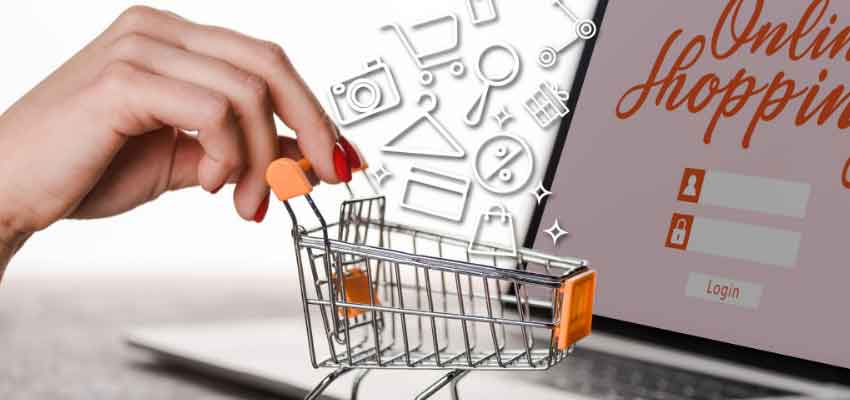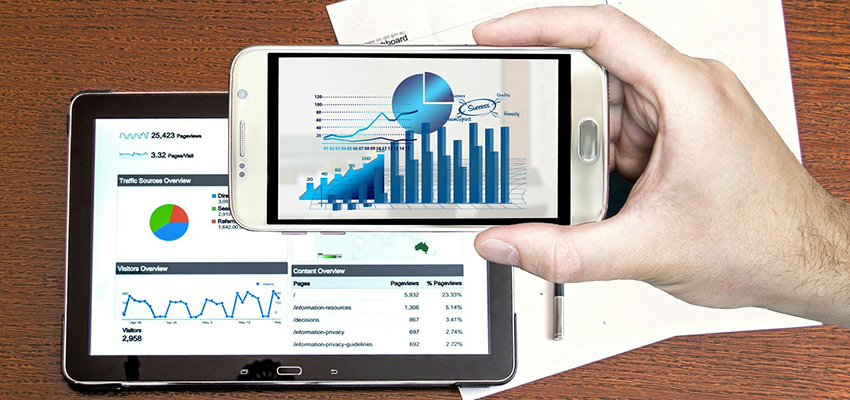Show:
The Best Business Models For Ecommerce Stores
When you’re setting up an ecommerce store there’s a lot of decisions you need to make, but one of the biggest ones is what business model you’re going to use. You might have an idea of the market you want to target or products you want to sell, but what’s the best way to start selling and making a profit?

This article covers the best business models for ecommerce stores to choose from.
Dropshipping
The dropshipping business model is one of the simplest and most accessible ways to set up an ecommerce store. It allows you to start selling without having to invest in any stock. You find suppliers for your products, set up a website, and start selling. When someone purchases something you’ll place an order with your supplier who will send the items directly to your customer.
There are a number of benefits of dropshipping for your ecommerce store. You don’t have to make a big investment upfront to buy inventory, you don’t need a warehouse or storage for your stock, and you don’t need to deal with packaging and shipping.
However, you have less control over the product quality and shipping process as it’s all in the hands of your supplier. If any issues arise such as slow delivery or returns, then it’s harder to resolve the problem. And because it’s so easy to get started there’s a lot of dropshipping competition, so the profit margins are often quite tight.
A good example of a dropshipping ecommerce business is Mooshe Socks. Although they’re selling socks, which is a popular item they’ve managed to set themselves apart with great branding across their website, right down to the packaging that their products arrive in when they’re shipped.
Subscriptions
Subscriptions are very popular at the moment due to the convenience for customers, which means they’re a great business model for a new ecommerce store. There are a few different subscription models you can choose from:
- Replenishment: A subscription for repeat purchases — products that someone runs out of and buys again.
- Curation: Where you put together a curated collection of products that customers are interested in and send it out to them on a regular basis.
- Access: Where someone pays a recurring fee for membership or access to software.
A subscription business model is good because once you’ve secured customers you have recurring revenue that you can predict. You also have to spend less on customer acquisition as the business model encourages loyalty
However, subscription businesses often have quite low margins because they often need to compete with other retailers selling the products. The curation subscription model often has a high rate of churn as customers will lose interest if the products aren’t relevant to them or the novelty wears off.
To overcome this you need to ensure that each box is tailored to the recipient or you find ways to keep customers engaged with the products. For example, Sago Mini Box, which offers kids subscription boxes, sends out a new set of activities each month based around a different, surprise theme so that kids are excited to receive it each month.

Wholesale reseller
If you’ve got the money to spend and the space to store it, then buying products wholesale and selling them usually offers a good profit margin. You’ll need to do some market research before you get started to find popular products in suitable niches that you can target — don’t invest a lot of money into products that you can’t sell.
You also have to set up systems for inventory management, tracking customer orders, and a process for packaging and shipping your items. As the business grows you’ll probably need to hire a warehouse team to fulfill orders and ensure that they get out on time.
Reselling wholesale products has a lot of potential for good profit margins and a scalable business. But the whole process is your responsibility, and for the most popular products that can be bought wholesale, there’s a lot of competition.
Manufacturing and private labeling
If you’ve got a great idea for a product that you’ve designed yourself then you can work with a manufacturer to make it a reality and start selling. You can either have the order produced in bulk and delivered to you, or your manufacturer could send it directly to your customers.
Private label products are a great way to differentiate yourself from your competitors. You have complete control over the specifications and finished products, and your products will be exclusive to your business. Depending on the products and market this could offer you a good profit margin.
However, you need to have a good product idea that’s going to sell, and it’s often quite difficult to find the right manufacturers to work for. You’ll also have to invest a lot in buying a bulk order of the product if you want to keep the costs for each item lower.
These are just four of the best models for eCommerce stores. To choose the right one for your business you need to consider how much money you have to invest in products, whether you have the space to store inventory, and if you’ve got the time to spend handling all aspects of the business operations from production to shipping.

 Return to Previous Page
Return to Previous Page








